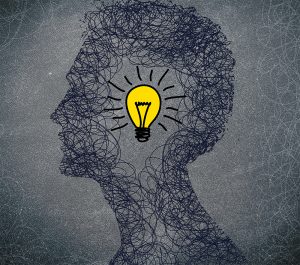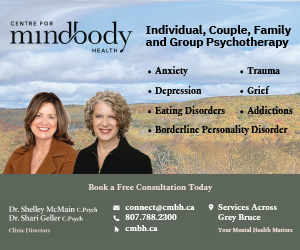
I have always been a voracious learner. When I was young I read encyclopedias (remember those?) as well as whatever books I could get my hands on. I treasured my weekly trips to the library with my mother, running my fingers over the spines of the books lined up on the shelves, wishing that by doing so I could somehow absorb all the knowledge they contained.
At university, in the midst of a grueling four-year journalism program, I treasured the few “electives” I was allowed to take, and I made the most of those opportunities by taking such avant-garde courses as Greek Mythology, Religious Mysticism, and Myth in Literature. As it had been when I was younger, the library was my sanctuary, and I would sit on the floor among the stacks feeling a sense of peace at being surrounded by so much learning and wisdom.
The advent of the internet has opened a whole new world of learning for me, and I am known among my friends as the Google Queen for my penchant for going online to research everything from the “big questions” to the minutiae of everyday life (as a self-professed “word geek,” I’m particularly fond of looking up etymologies – origins of words, phrases or idioms). The internet is, for me, a huge repository of knowledge (although it also contains plenty of nonsense and pseudo-science, so you have to know where and how to find the good stuff).
One of the reasons I chose journalism as a career was that I loved the idea of being able to “pick other people’s brains” and learn just a little bit of what resided within the neurons and synapses of various experts in their fields, as well as people who had experienced things in their lives that I would likely never experience first-hand.
My article on Brain Power in this issue of On The Bay is a case in point. Interviewing neuroscientists about the benefits of lifelong learning was a treat, and I could have written much more about the scientific studies on memory and the aging brain.
As I researched the piece, I was reminded of a study I first read about in the early 1990s in a psychology magazine: a group of nuns in Minnesota were being studied for their cognitive functioning and signs of Alzheimer’s disease and dementia. The nuns had also agreed that when they died, scientists could study their brains. I remember reading about one nun: a teacher like her sisters in the order, she had continued teaching until very late in life, but more importantly, she had continued learning, even taking up the violin when she was in her 80s. The article suggested that beyond continuing to learn throughout one’s life, it could be particularly beneficial to learn in areas that were new, different, or “outside your comfort zone.” In other words, right-brain, creative, language-oriented people like me might benefit more from doing Sudoku puzzles than crosswords.
As this possibility was percolating in my mind in preparation for writing the Brain Power article, I suddenly experienced my worst nightmare: computer problems. I use computers as a tool in both my work and my recreational time, but I am by no means a computer whiz (and yes, it’s “whiz,” not “wiz” – I just looked it up online).
My first instinct was to call my “computer guy” and get him to fix the problem. But then I thought of those nuns and those scientists, and I decided to give my brain a workout by trying to figure out my computer issues on my own.
Three days, several dozen Google searches and a few grey hairs later, I had not only fixed my computer conundrum, but improved my home network’s configuration and functioning. I was so proud of myself, I immediately went on Facebook and bragged to all my friends. The friends who are indeed computer whizzes – and one cousin who is a physicist – were no doubt unimpressed, but many of my fellow computer-challenged amigos made comments along the lines of, “Wow, I could never do that!” My response was, yes you could, if you took the time, did the research, took it step by step, and didn’t give up.
I’m not about to change careers and open up a computer repair shop, but my little foray down left-brain yellow brick road taught me that the lump of grey matter between my ears is capable of more than I usually give it credit for.
So, as a non-expert who tried to learn enough about the brain to write an authoritative article in this issue of On The Bay, my advice to you, no matter what your age, is this: don’t give up on your brain. Don’t sit back and think, “I know enough to do my job,” or, “I’m too old to learn something new,” or, “_________ (insert subject matter here) is beyond my capabilities.” Keep testing, keep pushing, and most of all, keep exercising your brain.
As my article demonstrates, there are plenty of opportunities right here in Southern Georgian Bay to give your brain a workout, and there are new developments under way that will continue to expand the scope of educational possibilities available to us.
My favourite quote about the brain is by Arthur Conan Doyle, creator of Sherlock Holmes: “I consider that a man’s brain originally is like a little empty attic, and you have to stock it with such furniture as you choose.” Don’t settle for a sparsely furnished attic; outfit your brain with as much knowledge as it can handle, then add a side table for good measure. Change the drapes once in a while. And don’t be afraid to put a computer on that side table. ❧











